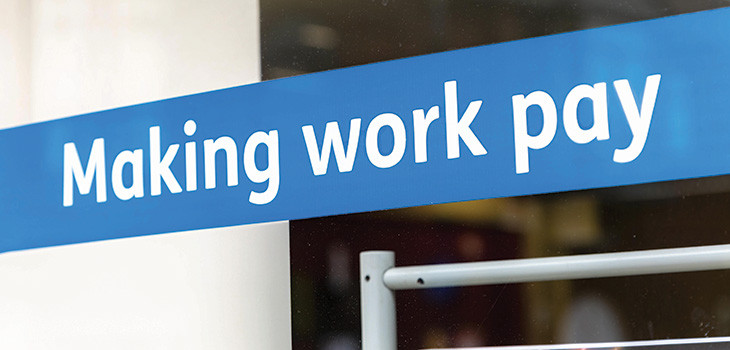
- The Labour party’s election manifesto included a commitment to implement its ‘Plan to Make Work Pay’ in full.
- This would represent the most radical overhaul of domestic employment and trade union law in a generation.
- This article considers the proposed changes, including their knock-on effects.
After years of policy announcements and adjustments, the Labour Party published its ‘Plan to Make Work Pay’ on 24 May. A few weeks later, its election manifesto highlighted the plan’s key commitments and promised to implement it ‘in full’. The King’s Speech on 17 July included, as widely expected, an Employment Rights Bill in the list of measures announced, plus a draft Equality (Race and Disability) Bill.
We still have no clear information about likely timings, other than the frequently re-iterated promise to ‘introduce legislation within 100 days’. The new legislation will apply to Great Britain but not Northern Ireland.
A new kind of landslide
Labour won 412 seats—only six fewer than Tony Blair in 1997—but









